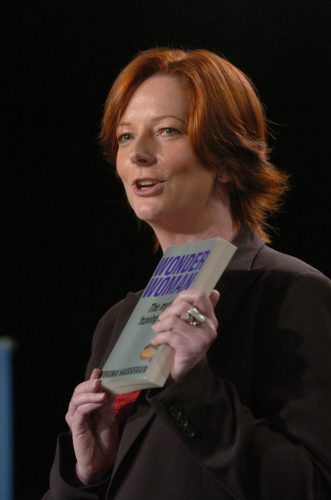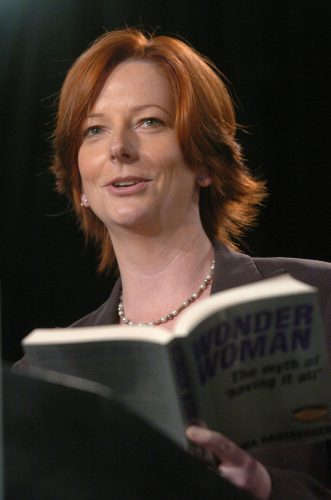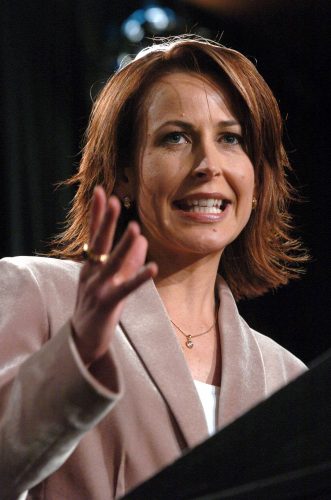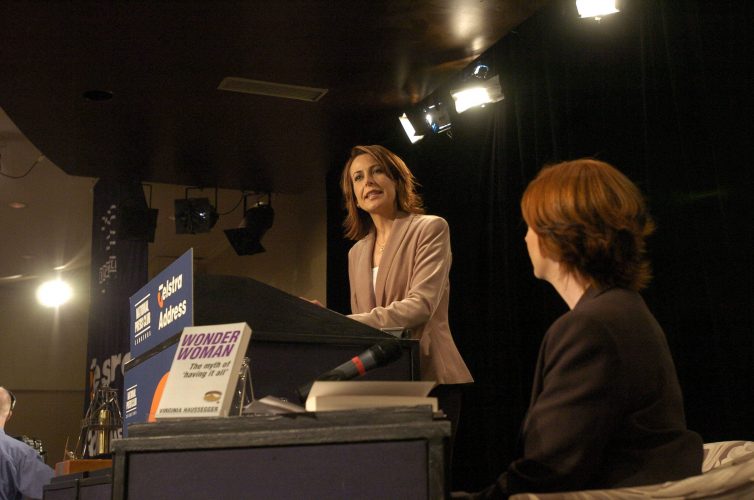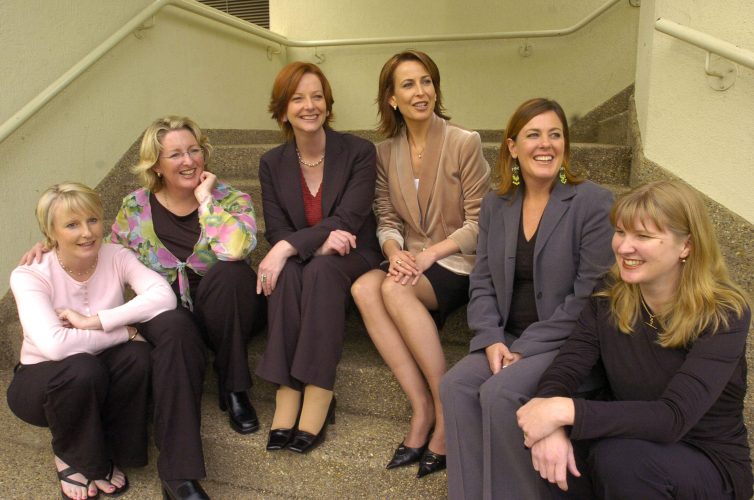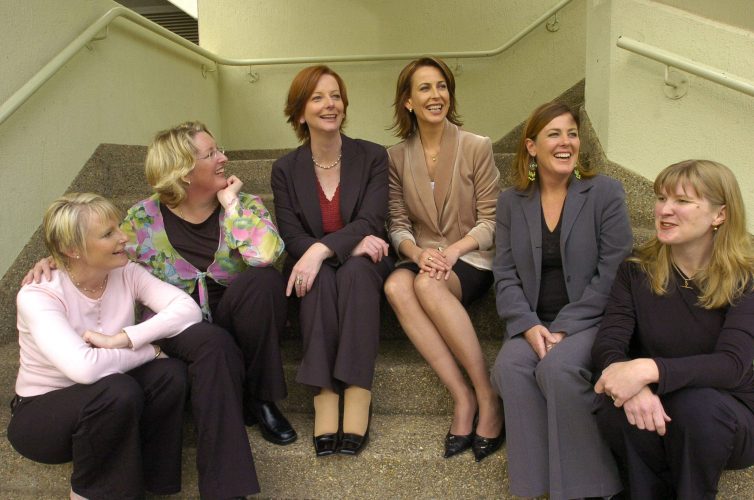It’s ironic really. Just when the plight of the most impoverished in our community calls for a practical response, the Prime Minister has flipped in favour of the grand symbolic gesture.
His call for a statement of reconciliation to be included in the preamble of the constitution pays homage to the value of symbolism. Yet coming from a man who, by his own admission, has long ”struggled” with such symbolism, his sudden embrace of it is baffling.
John Howard refused to join the Walk for Reconciliation back in 2000, presumably because his participation would have sent too strong a ”symbolic” message.
Similarly he continues to dismiss the call to say ”sorry” to Australia’s indigenous people as an unnecessary ”symbolic” gesture. The assumption being that such symbolism is somehow empty and void of any real and practical function.
So to now opt in favour of such heroic symbolism says one of two things. Either the Prime Minister has had a radical change of heart and a maturing of thought or such strategic use of symbolic gesture is a politically expedient act at this 11th hour.
Either way, the symbolism is worth contemplating for its cleverness. Adjusting the preamble does not legally alter the constitution. It will not change the law. It only changes the preamble to the law. Which, while meaningful and emotive, is nevertheless not a functional or practical change. So it should come as no surprise that many indigenous Australians are unmoved by this election-eve gesture.
This week’s preoccupation with preamble should give way to next week’s more pressing preoccupation with poverty. Monday marks the beginning of Anti-Poverty Week around the country. And while I doubt it was a veiled reference, the Prime Minister alluded to this theme during his reconciliation speech.
”It goes to love of country and a fair go,” he said. The notion of ”a fair go” being the central theme of the current anti-poverty awareness campaign.
There’s grim reading and plenty of evidence to suggest many Australians are not getting a ”fair go” in the Australian Council of Social Services report ”Towards a fairer Australia”, released last week. But it’s indigenous Australians who dominate most of the 10 categories deemed essential for a ”fair go”.
For starters, despite the well- known fact of alcoholism and substance abuse, the report states that ”99 per cent of Aboriginal communities in the Northern Territory have no substance abuse service”. And despite decades of noise about appallingly low levels of health care, the report also states that among those same communities ”99 per cent have no dental service”.
The Federal Government’s intervention program in the Northern Territory has undoubtedly helped highlight what has long remained ignored and unspoken. And the Government is right in claiming that – in contrast to the symbolic nature of rewording the preamble – the intervention is a highly practical action. However, that hasn’t stopped criticism of it being ill-conceived and poorly executed. Without appropriate consultation and indigenous input to the delivery of new services, the intervention remains precarious.
Aboriginal people around the nation continue to sit at the bottom of the ”fair go” pool. Their life expectancy remains at about 20 years less than non-indigenous Australians, with three out of every four Aboriginal men not expected to reach 65. They require hospitalisation at twice the rate of non-indigenous. Infant mortality is double, mostly due to poor health care during pregnancy; and in remote areas Aboriginal kids are three times more likely to die before the age of one than non-Aborigines. Many of those deaths are due to preventable infections. Chronic ear infections plague Aboriginal communities so badly that 30 to 80 per cent of school kids suffer significant hearing loss. Naturally, learning becomes just too hard when you miss much of what’s said.
The litany of miserable statistics associated with Australia’s Aborigines is seemingly endless. Throw me some national poverty stats and I’ll match them with even worse figures from the indigenous population.
Several decades of awareness about indigenous poverty have made little difference. Poverty of opportunity, of health, housing, education, and a poverty of choice, continue to blight Australia indigenous people.
Despite nearly a decade and a half of strong economic growth, record low unemployment and a resources boom, Australia ranks a poor 14th on the United Nation’s Human Poverty Index, which positions us worse than the OECD average. Our poor rating is heavily weighted with statistics from our indigenous population that sound like they’ve emanated from the Third World.
Maybe Howard is right by seizing this moment. His Thursday night reconciliation speech was laden with references to a ”rare moment” and a ”convergence of opinion”. Let’s hope there really is ”a window to convert this moment of opportunity into something real and lasting”.
If only this new step toward a symbolic reconciliation can lead to a practical one. We need to declare a war on poverty. But we need to start fighting this war – at home.
